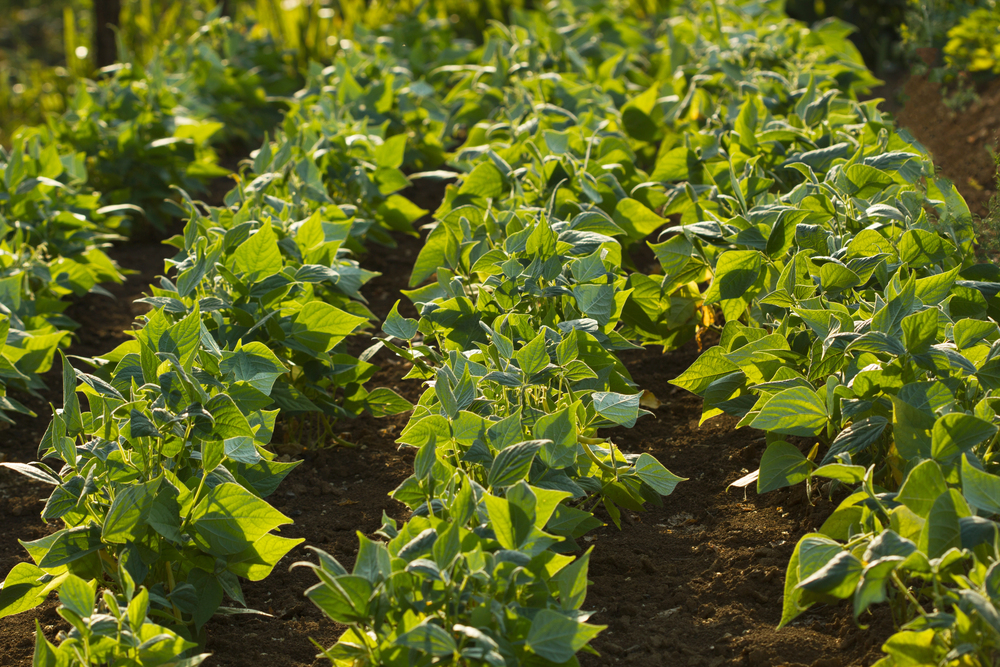Pesticide testing agency “got it wrong” on cancer risk

The the government agency that monitors pesticide safety is going to change the way it assesses their carcinogenic effects after years of “getting it wrong”, Trouw reported on Wednesday.
Checking the effect of pesticides on animals currently involves two-tailed testing which assesses both the risk of cancer from a pesticide and its potential protective effect. But this form of testing has been shown to be unreliable and may have left animals with tumors that have been overlooked, scientists have said.
The agency and public health body RIVM will now be lobbying for support to tighten European guidelines and switch to a test that only assesses the risk of cancer, CTGB chairman Rob van Lint and director Marcel van Raaij have said in a letter to farm minister Femke Wiersma.
The pesticide watchdog had earlier vehemently denied their methods to calculate cancer risks were faulty but were ultimately convinced by scientists who questioned the method.
Earlier, Geert de Snoo, director of the Royal Dutch Academy of Science, called the method “bad statistics and bad science”. “We do not wish to know about the curative effects of a pesticide on a field. We are only interested in its safety,” he said.
According to De Snoo, the tests done on pesticides in the old way must be redone. However, the CBTG has said that this is not going to happen.
How pesticides are currently tested is no guarantee they will not give people cancer or other diseases, such as Parkinson’s disease, statistics expert Jeanine Houwing-Duistermaat said. “They are testing every substance separately. The risks accumulate and can even multiply,” she said.
Last year, the CTGB admitted during a court case on the use of pesticides by a lily grower that it had not investigated the cumulative effects of using multiple pesticides at the same time.
In 2024, the European Commission withdrew the Sustainable Use Regulation (SUR), first tabled in June 2022, to halve the use of pesticides by 2030 following lobbying from the agricultural sector.
Thank you for donating to DutchNews.nl.
We could not provide the Dutch News service, and keep it free of charge, without the generous support of our readers. Your donations allow us to report on issues you tell us matter, and provide you with a summary of the most important Dutch news each day.
Make a donation